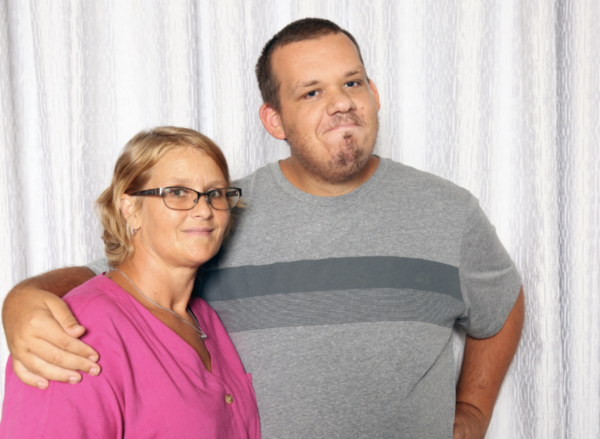
As we discussed last month, neurodivergent people – including Autistic people and people with ADHD – are more likely than “neurotypical” people to suffer from Substance Use Disorder.
The neurodiversity movement continues to gain momentum and visibility. As it does, many advocates with lived experiences have begun speaking out about the failures of the addiction treatment community in meeting the needs of neurodivergent people.
It’s become increasingly obvious that “traditional” addiction treatment was designed by and for white, middle-class men – and that those men tended to view sobriety and recovery through an allistic lens. If we want to make sobriety as accessible as possible for everyone, including neurodivergent individuals, this has got to change.
Today, let’s look at the top three ways that the recovery community can work together on creating an environment that is more accessible for neurodivergent people.
Mandatory Group Counseling May Not Work for Neurodivergent People, Including SUD Patients With ASD and/or ADHD

Autistics, in particular, often don’t feel comfortable in group counseling environments. Unfortunately, many addiction treatment programs don’t offer flexibility in this area. Group work and group sharing is a mainstay of many recovery programs – particularly self-help programs like 12 step groups. While working through recovery in community is essential to many patients, large social environments can sometimes feel sensorily overwhelming to those on the autism spectrum. The unpredictability of large groups may also feel uncomfortable and anxiety-provoking for those on the spectrum.
Offering one-on-one counseling sessions instead, even virtual one-on-one sessions, is frequently preferred by this community.
Addiction Treatment Facilities Frequently Don’t Meet the Sensory Needs of ADHD and ASD Patients

The waiting room air freshener. The fluorescent lighting. The hum of the traffic on the busy street outside. The busy pattern on the carpet. While allistic people may be able to “screen out” these sensory inputs, neurodivergent individuals are often overstimulated by sensory inputs such as these, making the work of addiction treatment even harder than it already is.
Creating calm, focused, sensory-friendly environments allow neurodivergent people to focus, connect and feel safe enough to engage in treatment.
It’s Very Rare to See Psychoeducation on ASD, ADHD or Any Other Neurodivergence Incorporated Into Addiction Treatment Programs

Most clinicians either understand addiction or understand neurodivergence. Few understand both and even fewer understand how neurodivergence and SUD interact with one another and exacerbate each other.
Because neurodivergence plays a large role in how an individual experiences SUD, it’s important to incorporate psychoeducation on ASD and/or ADHD – as well as any other co-occurring psychiatric conditions – into any neurodivergent patient’s addiction treatment plan.
Too many neurodivergent people lack a good understanding of their condition, let alone how to manage some of the more challenging symptoms that may go along with it. The life skills training and support needs for neurodivergent patients are often different from the life skills training and support needs of allistic addiction treatment patients. Topics such as triggers, self-care, recovery supports – each of these frequently look different in neurodivergent patients.
Unfortunately, most addiction treatment clinicians are unaware of these nuances and therefore unable to provide this kind of personalized care for neurodivergent patients.
Neurodivergent Communication Styles May be Misinterpreted as Addiction “Treatment Resistance”

While it is difficult to generalize about something as varied as speaking style, in general, neurotypical communication tends to be long-winded, indirect and emotionally descriptive while neurodivergent communication tends to be focused, direct and contain less emotional information.
The misunderstandings that arise from these communication differences must not be underestimated.
In an addiction treatment environment, these differences can easily be misinterpreted as an “unwillingness” to meaningfully engage in the more emotional and psychological elements of treatment. For patients who experience alexithymia, or a difficulty understanding, identifying and sharing emotions, engagement with conventional addiction treatment may indeed appear lacking, even when the patient is, in fact, fully committed to the process.
Understanding that different individuals have different capacities for neurotypical – or conventionally accepted – expression of emotion can go a long way in supporting neurodivergent addiction treatment patients.
Looking for Addiction Treatment in Portland That Supports Neurodivergent Patients?
At Shanti Recovery and Wellness, we understand how neurodivergence plays into SUD and vice versa. In our practice, we strive to support the health and wellbeing of all of our patients – including those in the neurodivergent community.
Interested to learn more about how we can help? Give us a call today to begin your journey to freedom from addiction.
